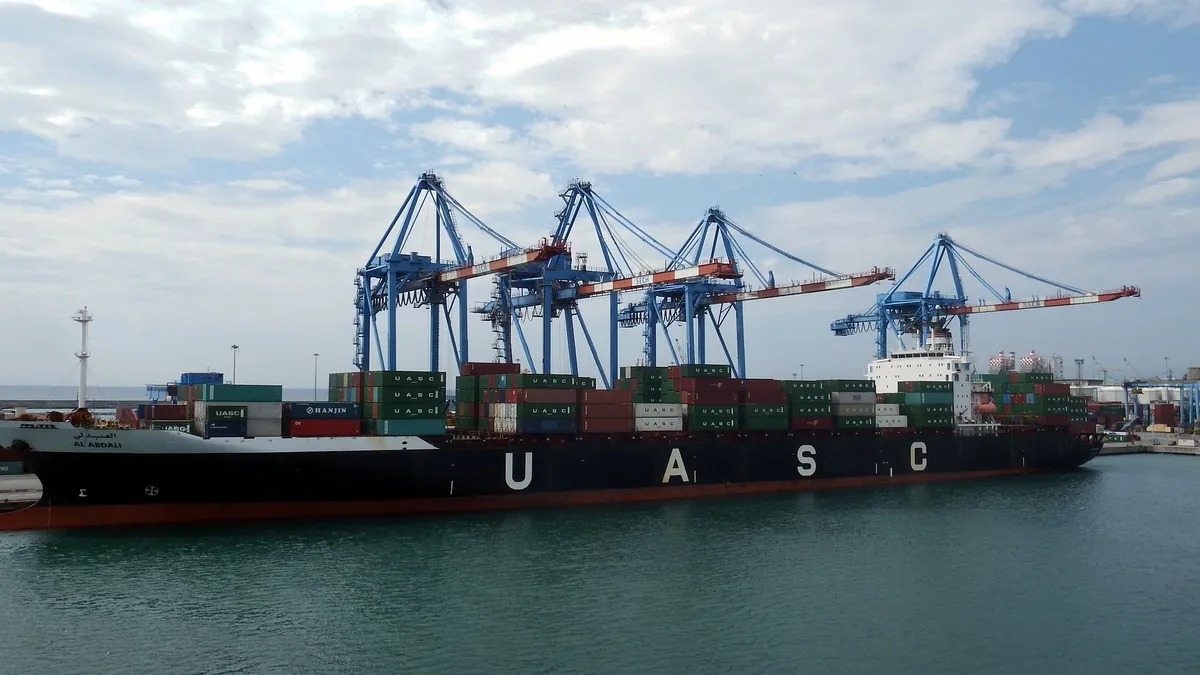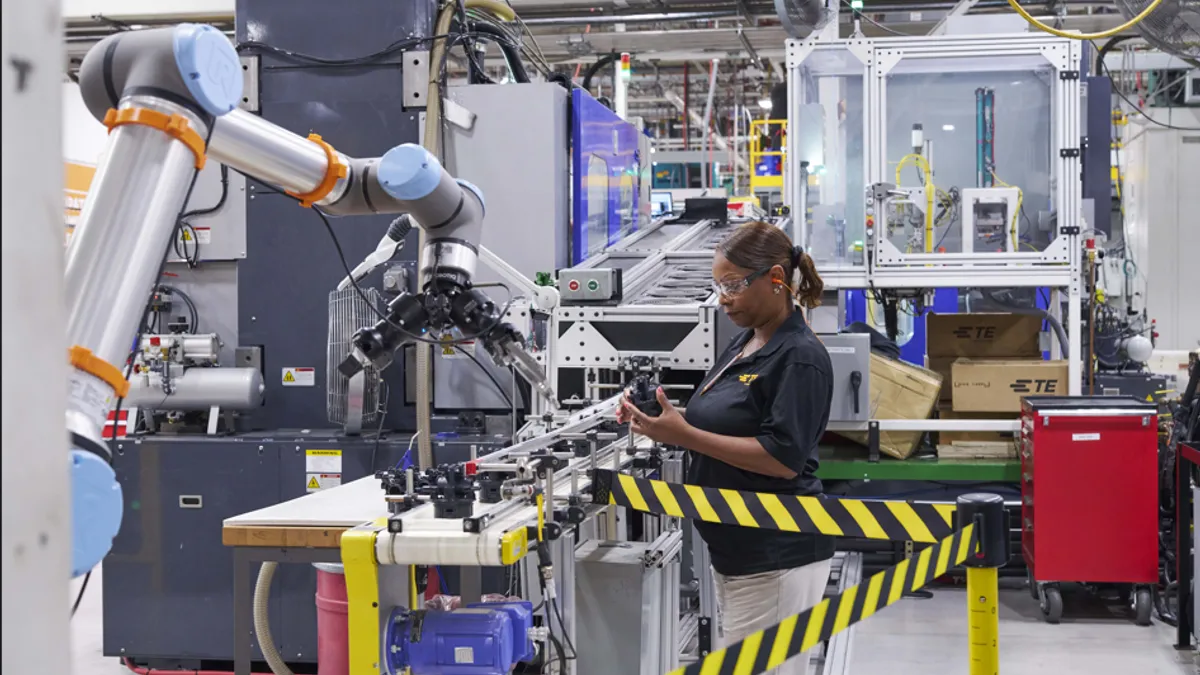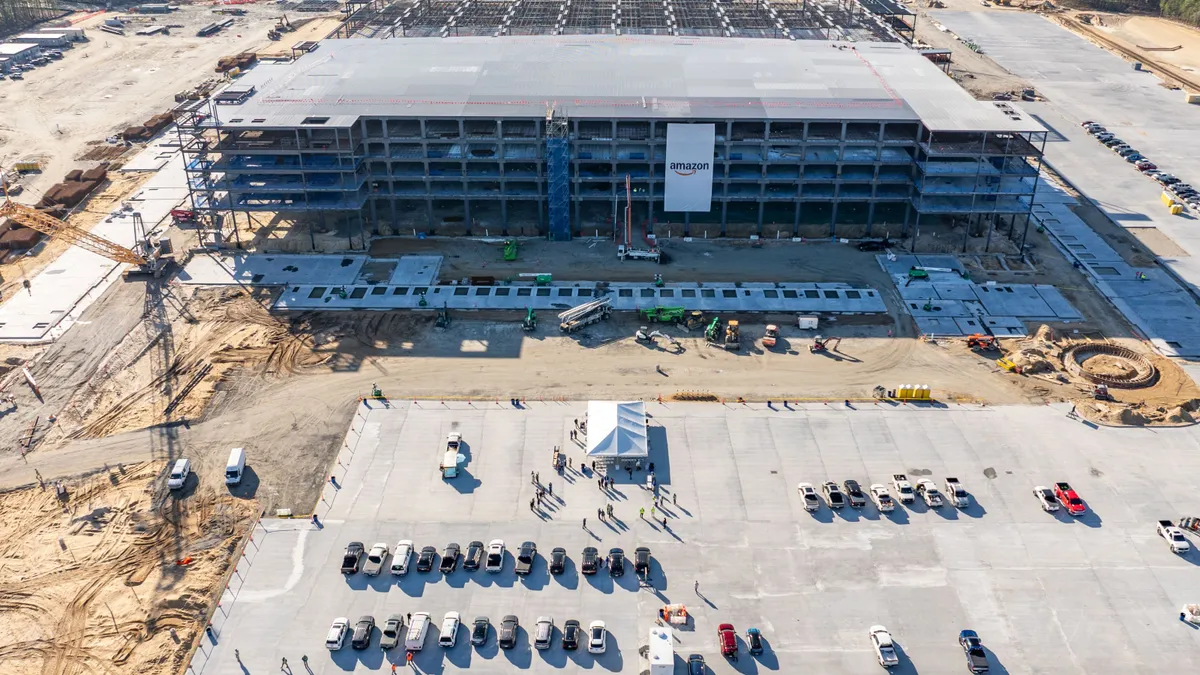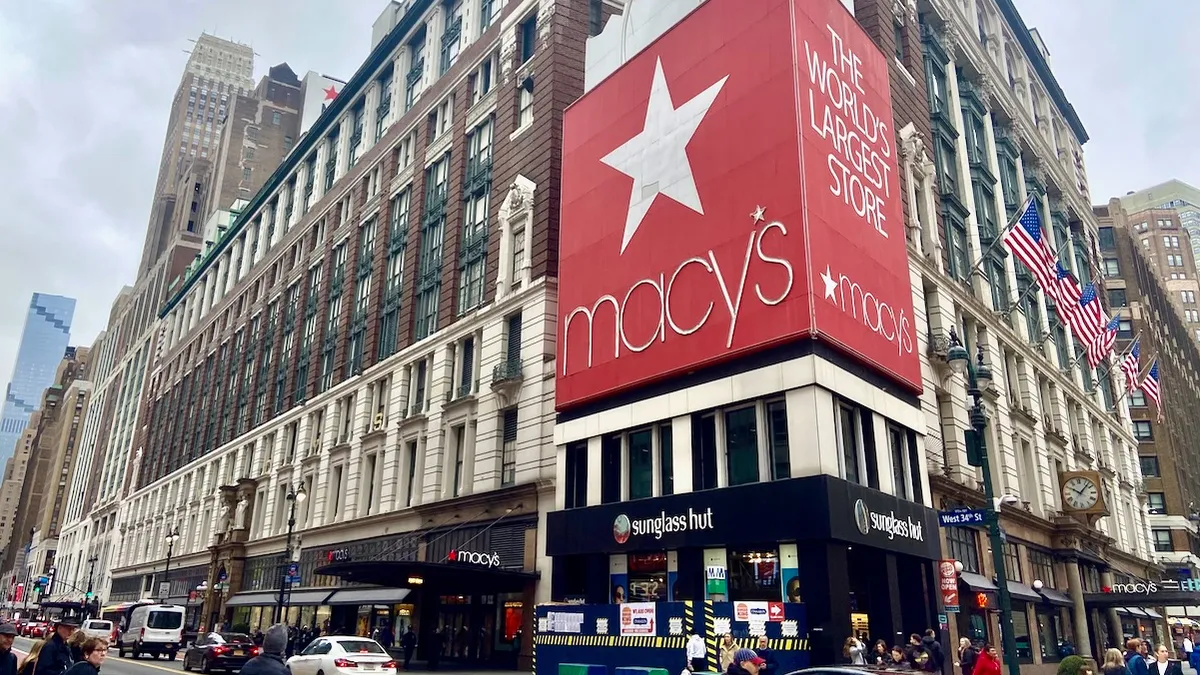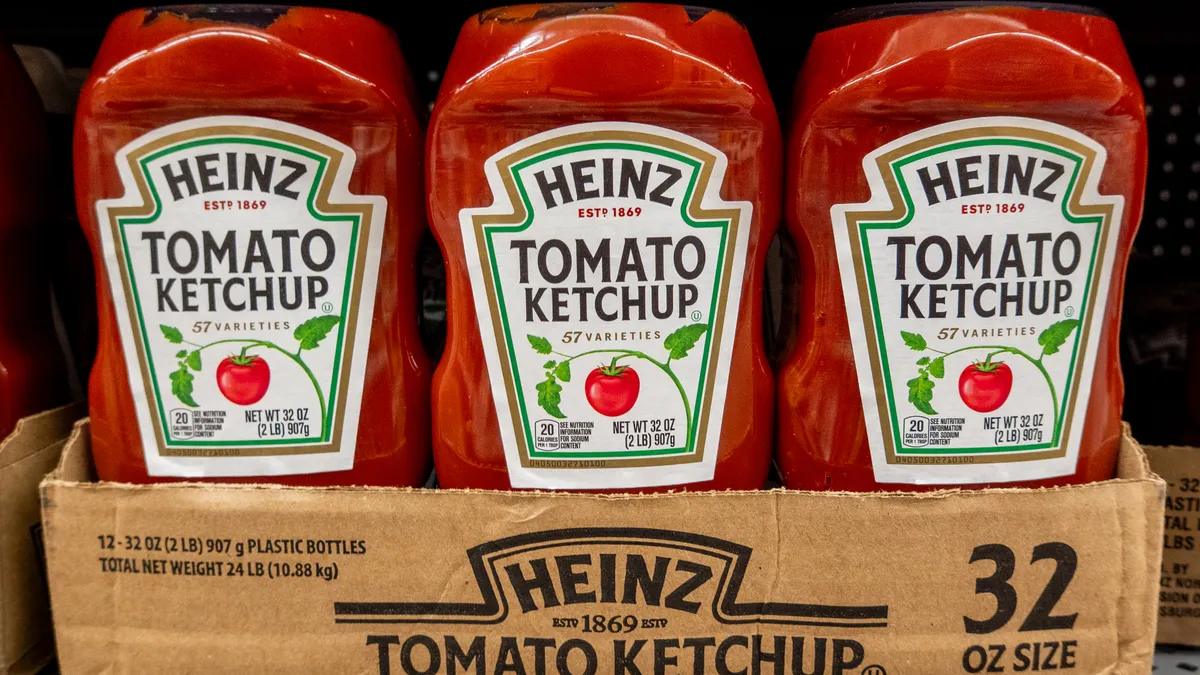Supply chains are constantly changing as new rules, technologies, resources and market trends transform operations. Here's a skim of the week's indexes, technology announcements, expansions and M&As from around the web.
In Case You Missed It
- The Amazon effect has brought about high costs for retailers.
- McDonald's expanded its last-mile delivery network to 3,500 stores.
- An embargo befell Qatari ports this week, and carriers are struggling to get around it.
Market Snapshot
Two economic indicators released by Bloomberg this week are tempering expectations for second-quarter GDP.
The Wholesale Trade indicator fell 0.5% in April from March, a "sharper-than-expected" decline. Bloomberg notes the decline is concerning, and driven by a decline in auto inventory. "Careful inventory management is a plus for the economy but in this case points to caution," according to the report. The data reportedly "points to" the first decline in total business inventory since October last year. The indicator measures the dollar value of sales made and inventories held by merchant wholesalers.
In other news, the Bloomberg Consumer Comfort Index fell 1.3 points to 49.9, after having risen 1.5 points over the previous three weeks. The Index is a weekly survey of Americans' views on the U.S. economy. But while the fall seemed to reverse a strong upward trend, Bloomberg notes the near-50 figure still shows "strong optimism" for the market.
Meanwhile, the general talk of stronger markets had Goldman Sachs analysts asking: Is it time for inflation to return? The bank's monthly Macro Insights report looks at various inflationary forces in the U.S., to conclude price normalization is on its way, but in the long-run.
Currently, as the graph above shows, U.S. inflation rates are on a downward trend, as are Japan's, while the Eurozone and U.K. have seen a recent spike in inflation.
In the logistics space, this week's Industry Pulse analysis based on Cass Freight Index found the trucking industry's expenditures, after nearly two years of recession, were finally showing steady growth.
Technically Speaking
It's Infrastructure Week, so President Donald Trump's administration has been touring the United States stumping for promised improvements. Most notable among the events, however, was Transportation Secretary Elaine Chao's statement of support for automated vehicles, and a promise to release updated guidelines "within a few months."
It's not the first time the Transportation Secretary has talked about updating the guidelines, but it comes at just the right time as the auto industry accelerates its race to create the vehicles, letting sparks fly in the process.
In the midst of a legal battle between Alphabet and Uber, a report revealed Alphabet-subsidiary Waymo was testing self-driving trucks as direct competition to Uber's Otto. And while ride-sharing services have been less-than-successful in profit terms, autonomous-vehicle tech startup NuTonomy announced a partnership with Lyft to test a "fleet" of electric taxis within a year. The announcement also marks an end to Lyft's failed partnership with General Motors, The Wall Street Journal reports.
Cars are not the only type of autonomous technology catching on, however. A recent article in Supply & Demand Chain Executive argues drones may not be a far-off dream for warehouse managers, with leading companies like Amazon and Walmart already toying with the idea. Process automation, too, is capturing shippers' minds. API-provider project44 recently announced an "automated volume LTL quoting and tendering" tool, according to American Shipper.
In other news, CX North America released a new app with booking acceptance and border crossing features; and Boston-based startup Tive raised $3 million for its real-time, IoT-based shipment tracking tool.
Breaking Ground
A rise in consumer expectations demanding fast and free shipping is putting a strain on supply chains, forcing logistics companies to invest in greater, more efficient networks. Amazon and UPS are among those in the forefront of these investments, bringing a vast number of jobs to new communities across the U.S.
This week, Amazon announced it would hire 1,500 people to serve its $178.4 million, 855,000 square-foot facility in Oregon, Transport Topics reports. Similarly, UPS said it would hire between 800 and 1,200 more workers once the logistics provider moves into its new 770,000 square-foot warehouse in Tacoma, WA. While the job projection has yet to be released, UPS also announced it would build an even larger, 980,000 square-foot facility in Phoenix, AZ for $180 million.
The general rise in volumes does not just move through warehouses, however — ports and rail networks are also preparing to handle greater traffic, in general.
North Dakota's new draft rail plan expects the state to handle a growth rate higher than the national average, in anticipation of stronger economic growth. The Bismarck Tribune reports the state has seen over $1.5 billion in freight investments by private operators pay off in reduced bottlenecks since 2011.
Not falling behind, the Port of Oakland also said it sought to increase rail volumes at the West Coast port, according to American Shipper, while the Port of Seattle is taking aim at greater air cargo storage capacity.
Mergers & Analysis
Now the merger between Hapag-Lloyd and the United Arab Shipping Company is official, the two are looking to complete their integration as efficiently as possible. A rough timeline first reported by American Shipper reveals a few details of their integration:
- The two companies will book their first joint sailings this month, although they will not depart until July.
- Transition news will be released beginning in June, and will seek regular feedback starting next month.
- The transfer of services will conclude around October, 2017.
The shipping world is not the only sector undergoing consolidation, however.
Two e-procurement companies, Jaggaer and Pool4Tool, announced their merger this week. Jaggaer, a North America-based company, offers indirect spend solutions; while Europe-based Pool4Tool offers direct spend tools, which have had trouble gaining speed in the North American market. The merger, Spend Matters reports, is a strategic move to expand the market and provide a cross-procurement solution.
Such a strategy has worked so far for McKesson, a medical supply and pharmaceutical distributor. Executives at the company told Chain Drug Review a string of acquisitions had helped it deepen its reach in the healthcare industry, while also helping it update its IT services. "The strategy is to maintain critical mass," writes Chain Drug Review's Jeffrey Woldt, which allows the company to focus on service rather than mere competition.
In other news, US Foods acquired food distributor F. Christiana; Icahn Automotive Group agreed to purchase Precision Auto Care; and Worthington Industries bought pressure cylinder and water system tank maker Amtrol last week.



